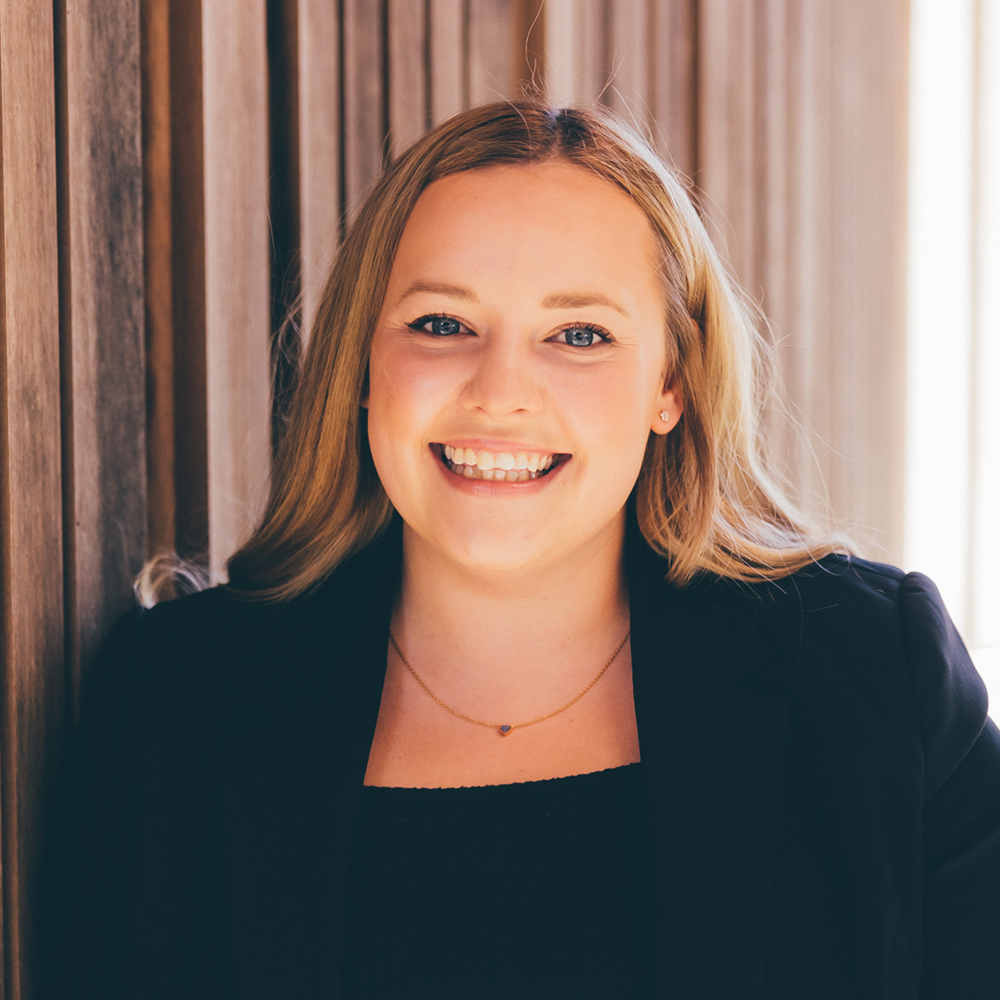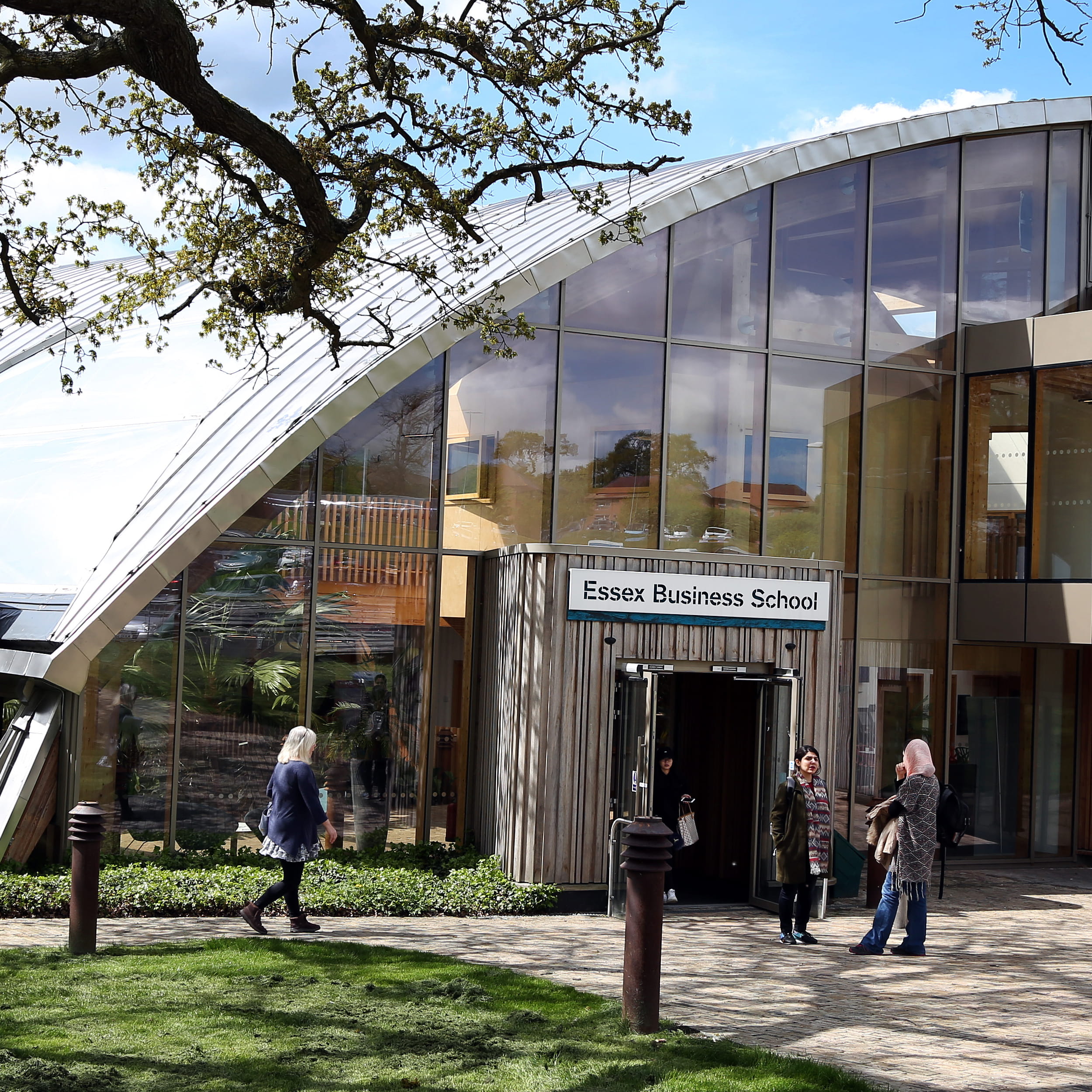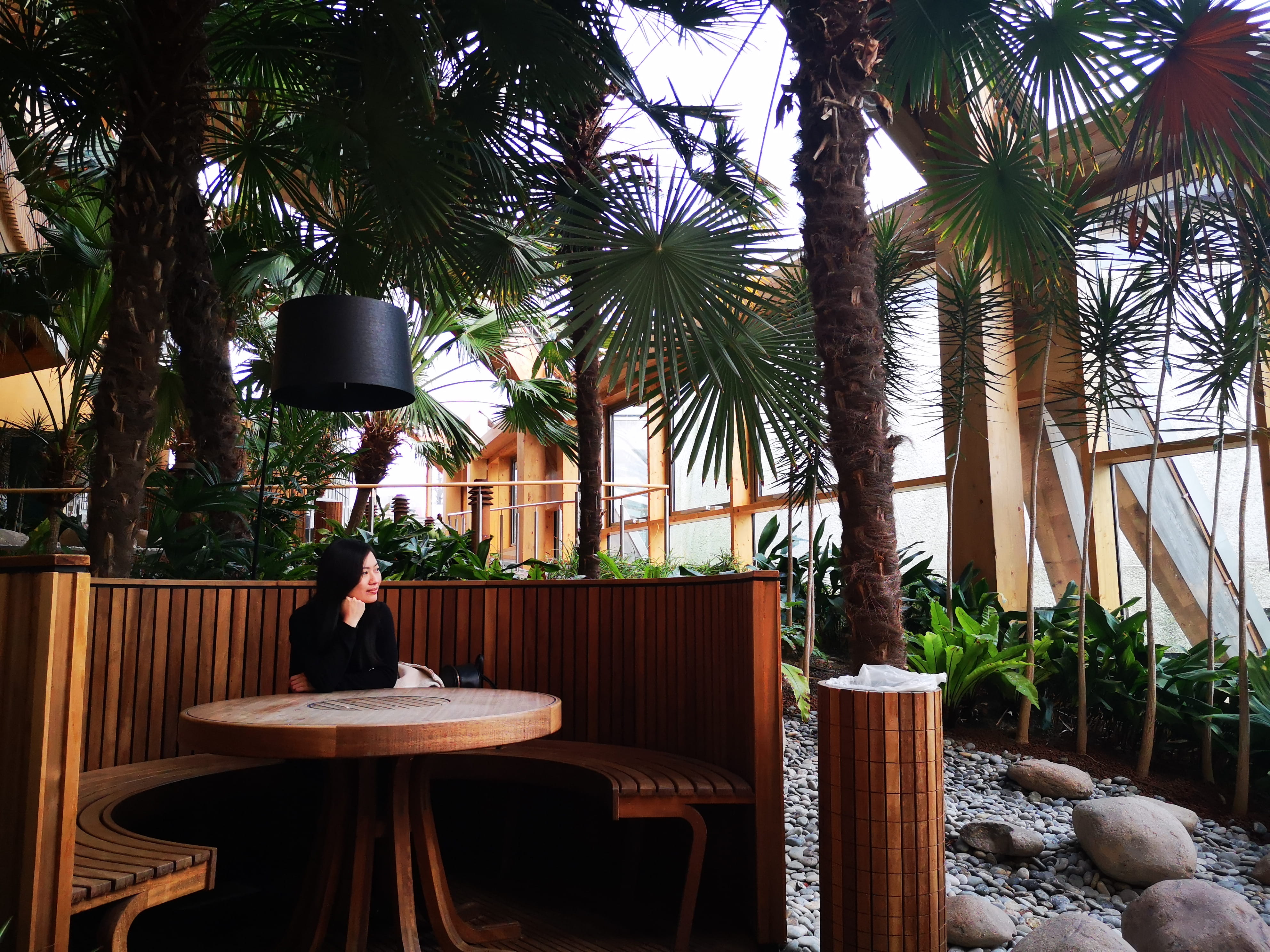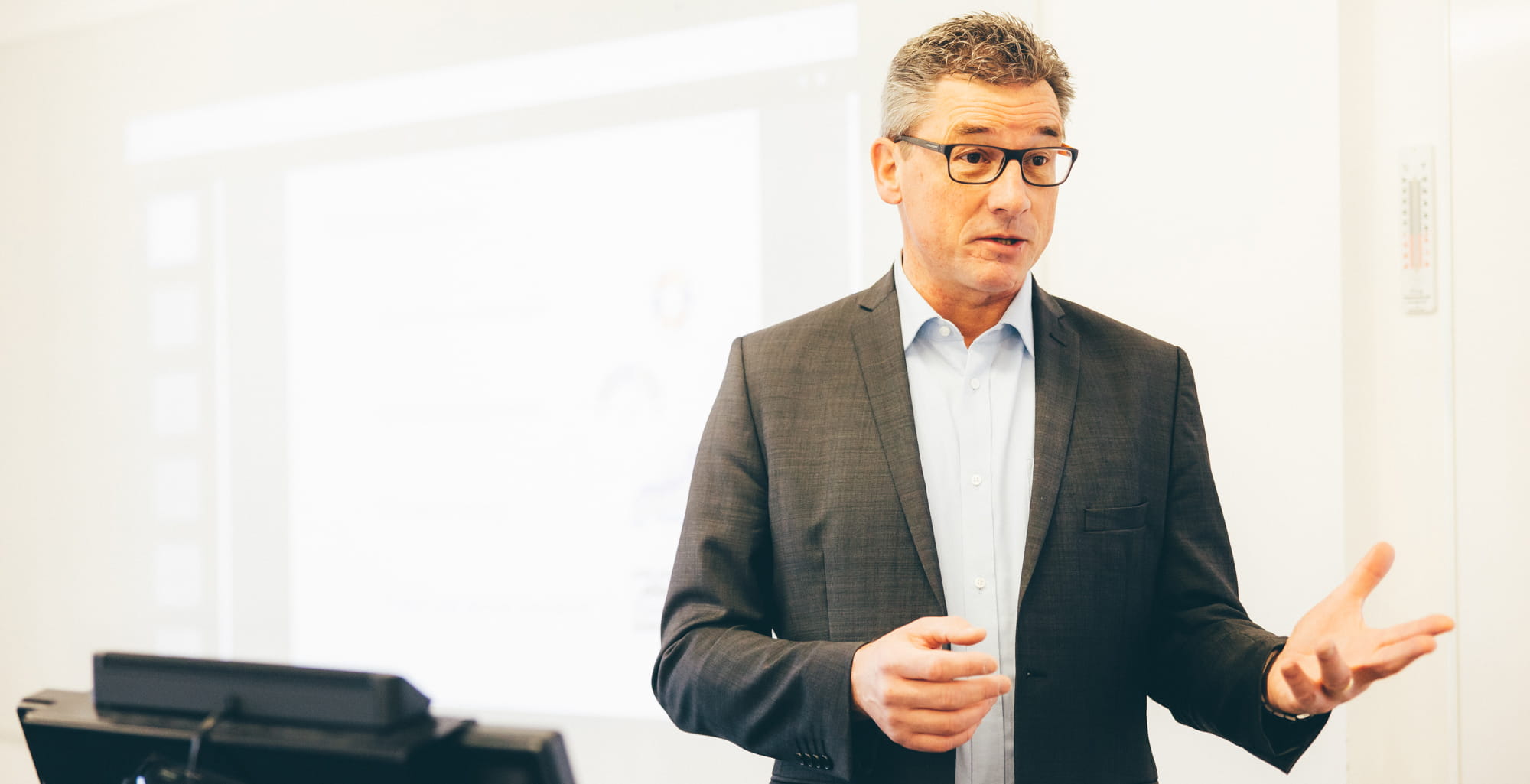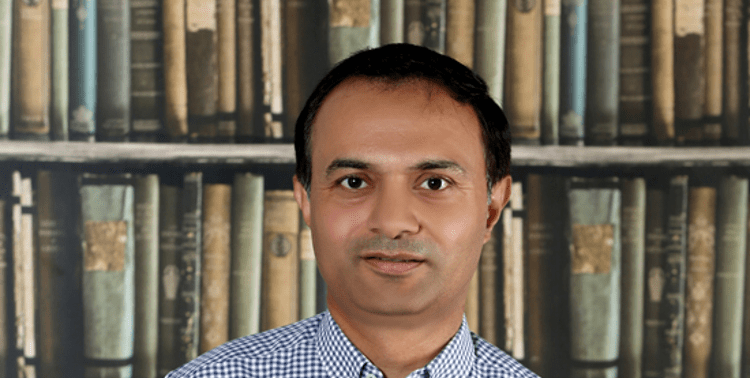Building an Essex MBA consultancy project with Sharina Islam

Safe Ground design and deliver arts-based programmes for people in prison and the community. They are committed to creating alternatives to traditional punishment and exclusion, reducing stigma and improving access to the educational activities for people that are in prison. They took the opportunity to work with Essex MBA student, Sharina Islam for her MBA consultancy project.
We spoke to both Sharina and Safe Ground to hear their thoughts on how the project went and offer their advice for students considering a consultancy project.
Sharina
"I crafted the project according to my capabilities."
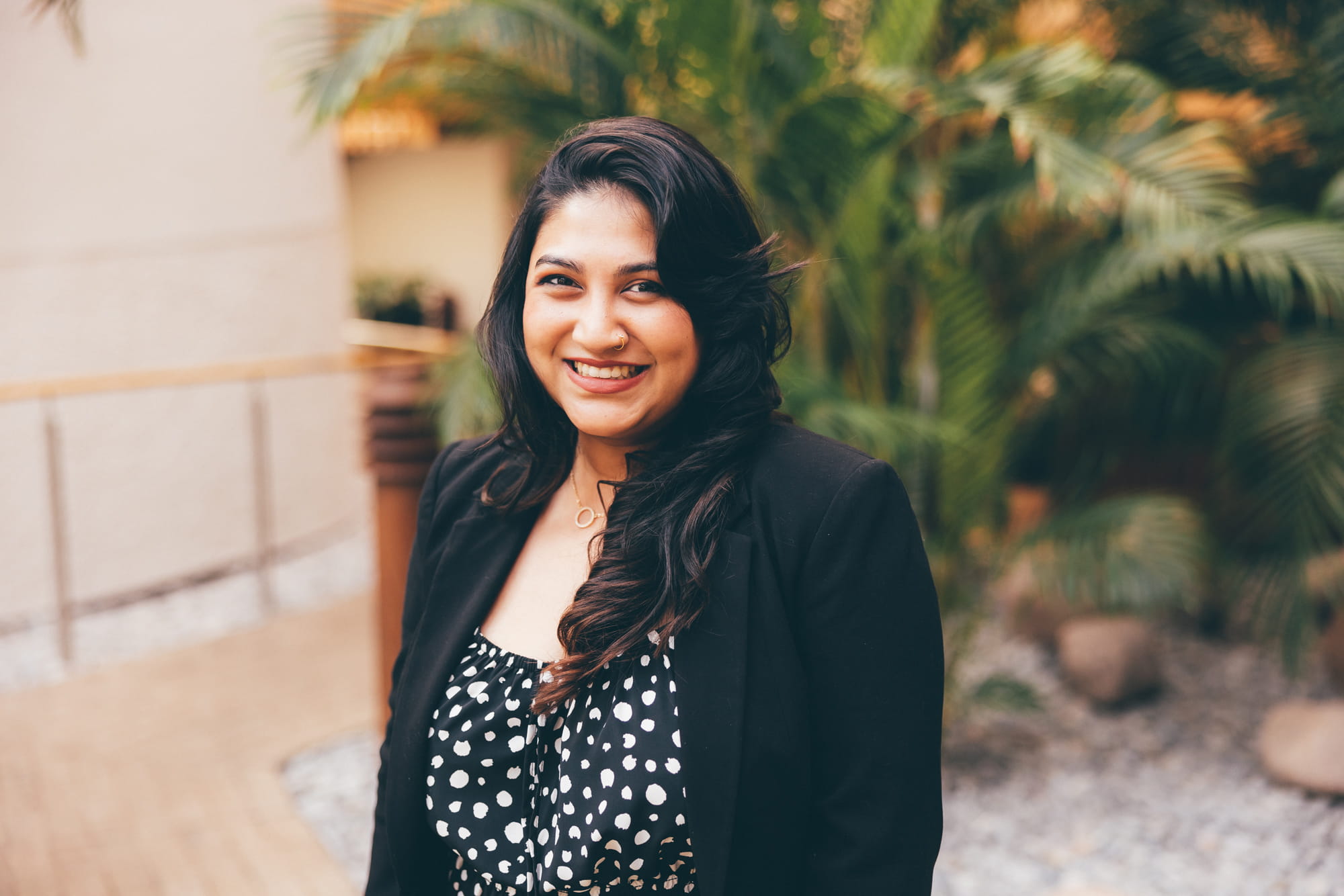
Can you tell us about your project with Safe Ground?
My consulting project with Safe Ground was a challenging yet meaningful culmination of my MBA learning experience at the University of Essex. The project posed thought-provoking concerns, ideas, strategies & solutions that required proper planning, scoping, intensive research, and more revisions than I would like to confess!
At the time that Safe Ground presented themselves to our MBA cohort as a prospective client, I had a growing interest in social enterprises & non-profit, stemming from my work with the developmental sector with the World Bank. Essentially, this is what swayed me to work with Safe Ground, an opportunity to solidify my knowledge & understanding of social enterprises/non-profits.
However, Safe Ground initially proposed a very widespread project including a theory of change model, a competitor analysis, commercial growth models etc. that all felt unsolvable within the given 3-month period. It’s tempting to say yes to it all but I took a step back, reassessed the entire project objectives in light of the time and resource constraints and crafted the project according to my capabilities.
In the end, I was able to derive a robust strategic trajectory for Safe Ground which they really appreciated. And that’s all that matters – producing an impactful report that was not only academically strong but well-received by my client!
How has your consultancy project helped your career?
The consulting project has opened up a lot of opportunities and helped me identify a few things about myself and my career. First, it boosted my confidence in myself & my capabilities to take on daunting tasks on my own. It has further sparked my interest in consulting roles and also reinforced my perception of me being a people-oriented person and knowing that I belong in organizations driven by a social mission. I find it most fulfilling to be part of a team collectively working on creating meaningful, sustainable impact on the lives of not only clients and customers, but society as a whole.
And today, I’m lucky & grateful to say that I have in fact landed such an opportunity by working as part of the Salesforce Global Strategic Relations team which works towards achieving various United Nations Sustainable Development Goals through strong partnerships and stakeholder management.
What advice would you give other students who are thinking of doing a consultancy project?
As cliché as this may sound, follow your gut, and trust your instincts. Working closely with your client & gathering as much information from them is essential. And then very importantly, note that although your supervisor is there to guide you, you are the author of this ‘story’.
Start with an aerial view of project goals, and decide what you can and cannot do and plan your project thoroughly whilst remaining open to reiterations.
A very important point to consider from the beginning is the audience. On the one side, this is an 10,000-word academic paper written to impress university markers and on the other side it is a consulting report with which you aim to assist the client. These are two different perspectives and can be difficult to align expectations. In my case, I submitted a more academic-style paper for the university and a more digestible, diagrammatic slide deck for the client which would be more beneficial to them.
Additionally, I found that discussing ideas with my MBA classmates and getting a second opinion was very helpful. Often, they provide you the best form of feedback, critique and support. I truly appreciated it as it really helped me see things objectively. So that would be my final tip: Talk, discourse, don’t shy away and ask lots of questions to your supervisor, client and MBA friends!
Lindsay and Charlie, Safe Ground
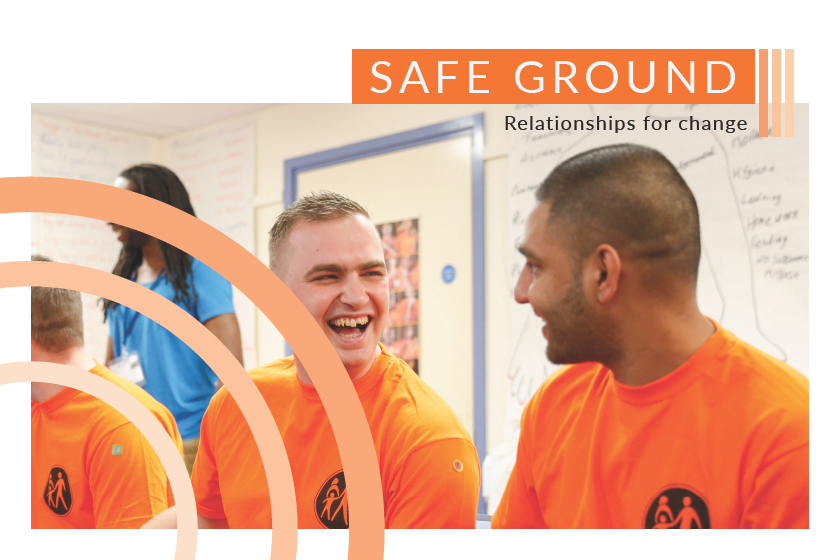
Could you tell us about your project with Sharina?
Charlie: We met Sharina when we were invited to an event to present our project opportunity to interested students. Sharina followed up afterwards, interviewed us and even told us that she was meeting several other organisations. We think it is important to be open and honest when having these discussions. Involvement in these projects on both sides is voluntary and we all wanted to make sure that we had the right fit and expectations of each other. After several discussions and contemplation Sharina told us she’d like to go ahead with our project and we were really pleased.
Lindsay: We spoke about a theory of change model first, which is what we were working on at the time. However, ultimately after having conversations, we thought that Sharina was probably better placed to support us with a competitor analysis. So, locating Safe Ground in the sector and helping us think about our marketplace (for example what was unique about what we are offering and how to best position and promote ourselves in the sector).
Why did you want to work with an MBA student?
Charlie: We wanted an MBA student because we're not MBA students. None of us have been to business school and so, having someone on board who has a business technical information was an additional skill set for us.
What were the key skills and benefits that Sharina brought to your company?
Charlie: I think Sharina's skills that she brought to the company were research and organisation. She was absolutely systematic and very organised. She was honest and clear and able to articulate both what she was finding interesting and enjoyable and also the challenges that she faced. I also think Sharina had a capacity to analyse hugely complex data that was entirely unfamiliar to her into a format that we had specified. This had to be concise and digestible, and she managed to do all of that. She was enthusiastic, energetic, passionate, and she was considerate and considered.
Lindsay: We were reluctant to see ourselves as having a position in the marketplace because we relate to our work a little bit differently. So, I think we found it useful for Sharina, who wasn't familiar with the work that we did or the sector that we work in, to come in and have a really different perspective and present the work to us in a really matter-of-fact sort of way.
For our future students, could you tell us what you, as an employer, expect?
Charlie: Reliability. If you've got questions, ask them on time and with good notice. Efficient communication. If you need something, tell people, let them know. Humility goes a long way.
I think what Sharina did was actually really clever. She only took a project somewhere she wanted to be, either because she genuinely felt an attachment to the subject matter or the focus of the work or the people. I think this made a massive difference, and so I would highly recommend doing this, just as when you go for a job. You've got to find something that you really are invested in, to do a good job.
How can a student prepare for their MBA project?
Lindsay: Ask questions. Sharina had loads of questions and clarification questions. When something wasn't clear or didn't sit right, she made that known and we talked about it. I would say, spend as much time as you need, asking questions and doing your research even after you've identified the organisation. The preparation is really important.
Charlie: Just to add to that the only time Sharina came into the office was to attend to full staff meeting (due to covid). Although the staff meeting wasn’t linked to her project, it enabled her to understand the culture, context and the strategic underpinning of the work she was doing and enabled her to consolidate those relationships, and see herself as part of a bigger organisational structure. We all really appreciated it and hope that in future projects we will be able to invite the student a lot more often.
If you’re interested in completing a consultancy project on the Essex MBA, you can find out more about the practical experience our students are exposed to here.
